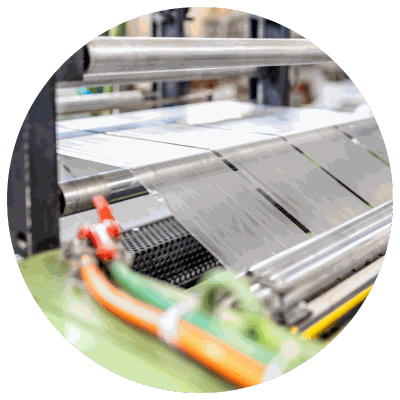‘Dream’ biodegradable plastics redesigned by chemists
May 02, 2023 | Biology
Also known as dream plastics, polyhydroxyalkanoates (PHAs) are a class of natural polymers produced by living organisms. Thus, they are sustainable and environmentally-benign. They can also be produced synthetically from biorenewable feedstocks. However, PHAs haven’t taken off as a better alternative to traditional plastics due to crystalline PHAs’ thermal instability and lack of heat resistance. This in turn affects its durability and subsequent convenience of use.
On top of that, the new PHA can be chemically recycled back to its monomer with simple heat and then can be reused again to reproduce the same PHA again - a closed-loop chemical recycling process that can proceed infinitely in principle.
The team was able to add three key desired features to the PHAs, which are all considered essential for achieving a circular PHA economy.
